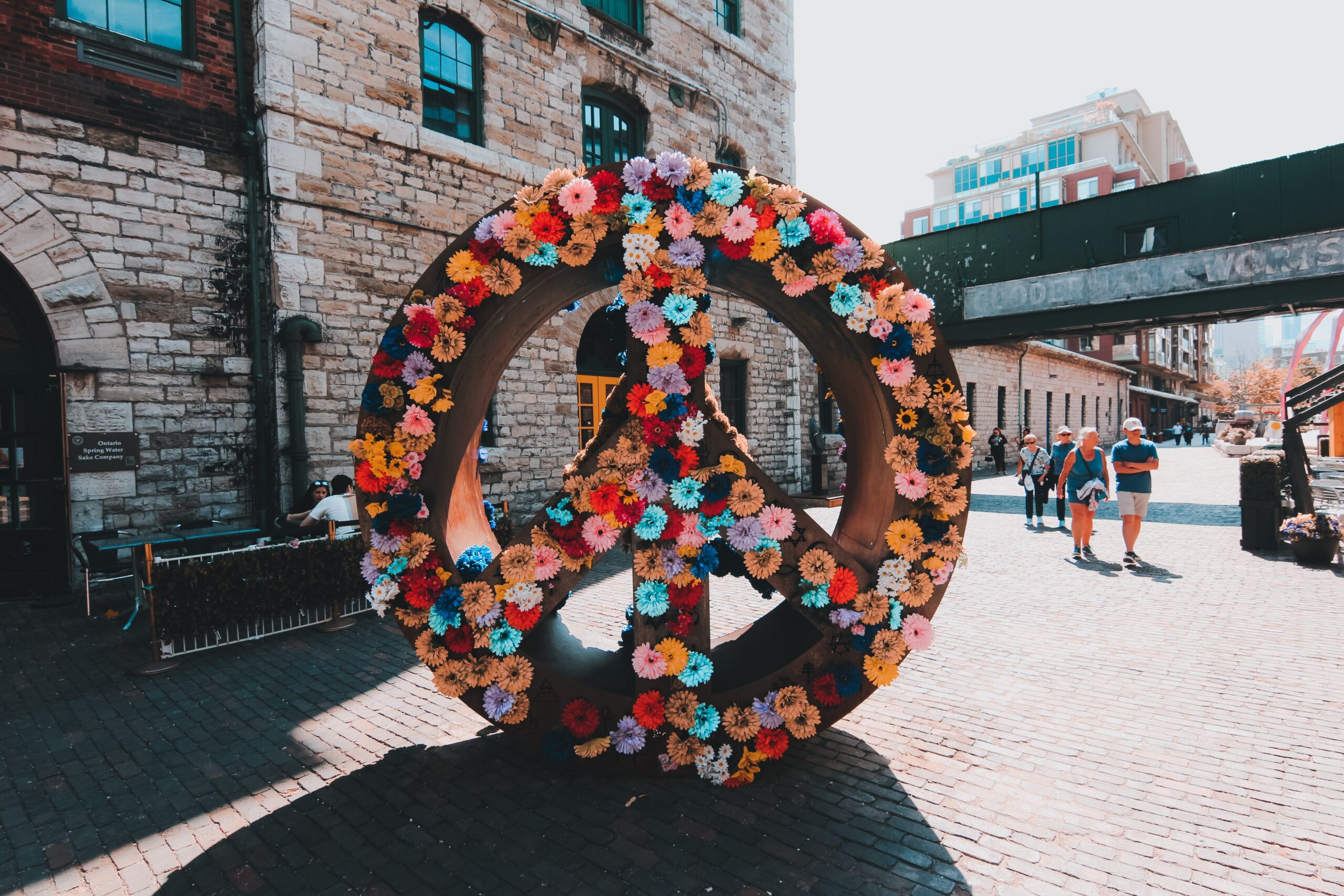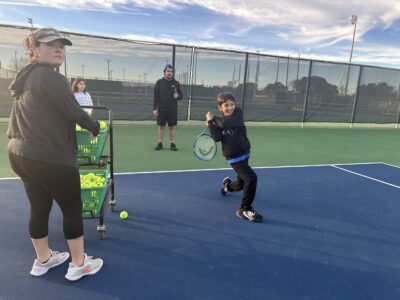The International Day of Peace is on September 21, and it’s an ideal time to think about the well-being of yourself and others around you. On an observance designed to bring peace and calm to people globally, it can be challenging to help others find peace regarding their health. However, you can help in many ways by getting involved in an organization or activism campaign. We’ve got some ideas on improving your wellness and the wellness of others.
- Meditation is key to finding self-peace.
Meditation is a highly effective exercise to help find one’s inner peace. Many religious denominations emphasize the importance of finding calm and reaching a state of peaceful consciousness. Buddhism and Taoism are two that have extensive meditation exercises with the goal of achieving enlightenment and developing a higher understanding of the world. Other secular meditation practices don’t follow a doctrine or dogma. You can find plenty of these resources for free on the Internet. Learning meditation can help people reach a state of clarity and calmness if they are struggling or have anxieties.
- Join or donate to an anti-violence campaign.
Keeping violence to a minimum on a day dedicated to peace is imperative. While that seems like a daunting task, there are ways you can help end violence against children and women, relationship violence and other forms of it.
One nonprofit, Victory Over Violence, is working to share stories of how people have helped or are currently helping others walk away from violence and go down a more peaceful path.
You read stories about how teens overcame bullying through nonviolent actions like art or music and get advice on how you can be a supportive peer. On the U.N.’s International Day of Peace website, you can find more anti-violence campaigns to get involved with or give donations.
- Help combat child hunger.
Lack of access to robust food sources is a way violence erupts in the underdeveloped world. Countries struck by famine and war risk devolving into further violence. The good news is that plenty of charitable organizations are helping to combat child hunger and reduce the risk of violence developing within these struggling communities. One charity out of the U.K., Mary’s Meals, is leading the charge, with more than 2 million meals fed to children in their local schools. You can donate around $17–20 to help fund these meal programs in countries like Malawi, Yemen, and India. These donations can feed a child for up to a year.
- Promote a global vaccination effort.
Access to vaccines and medicine can be difficult in underdeveloped countries without a centralized or upscale healthcare system. Diseases like cholera and polio still pose serious risks. How can you help a global vaccination effort? One nonprofit called Shot@Life has a simple solution: show the world you got your shot. By snapping a picture of you getting a vaccine and sending it to Shot@Life, you can help advocate for more people to follow suit. Shot@Life also takes donations, and if you’re a medical professional, you can apply to be a Shot@Life Champion, an “ambassador” role to educate about the importance of vaccination.
- Visit the Meditation Museum in Washington, DC.
A perfect place to find inner peace and educate others about meditation’s history is visiting the Meditation Museum in Washington, DC. Not only can you learn about how meditation became a prevalent exercise in numerous cultures, but you can also join various workshops and meditation groups. The experts at the museum can help you understand why you might be feeling this anxiety or anger and how you can meditate all that negative energy out of your body and mind into a more positive, holistic feeling. Check out the Meditation Museum’s website for all the information about group meditation and the practices that benefit you the most.





